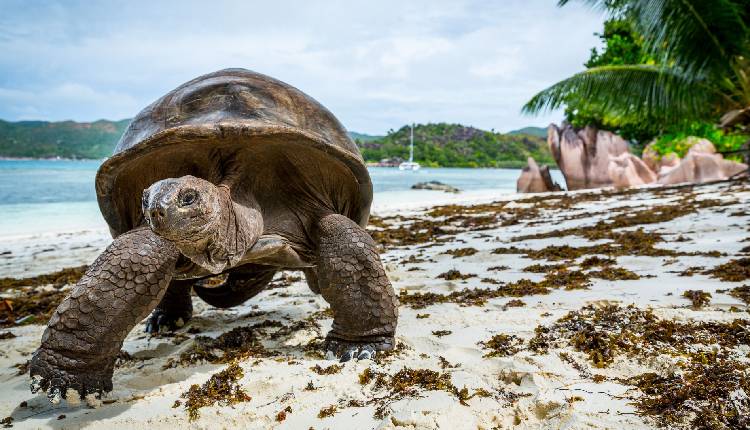Debt for climate and nature swaps, a mechanism where indebted countries receive debt relief in exchange for environmental conservation, could generate $100 billion to combat climate change, according to a report by the International Institute for Environment and Development (IIED).
The UK-based non-profit organisation based its estimates on potential debt swaps in 49 less developed countries, the most vulnerable to debt crises. Countries like Belize, Ecuador, Barbados, Gabon, and Cabo Verde have already implemented such swaps.
The report, which uses data from the IMF and World Bank, reveals that these countries collectively owe $431 billion, primarily to wealthier governments, the IMF, and pension and hedge funds. However, they received less than $14 billion in climate finance in 2021, far below what is needed for climate change mitigation and adaptation.
The IIED report aims to promote more debt swaps at the upcoming IMF and World Bank spring meetings. Countries that could benefit from such swaps include Pakistan, Sri Lanka, and The Gambia, which faces a significant risk of sea level rise and needs substantial investment in flood prevention and wetland preservation.
Ghana, currently restructuring its debt, could also benefit, particularly its key cocoa bean export sector, through enhanced rainforest protection.
Debt swaps not only provide fiscal relief for governments but also contribute to global climate and natural outcomes. Many countries have expressed interest in exploring this mechanism.


